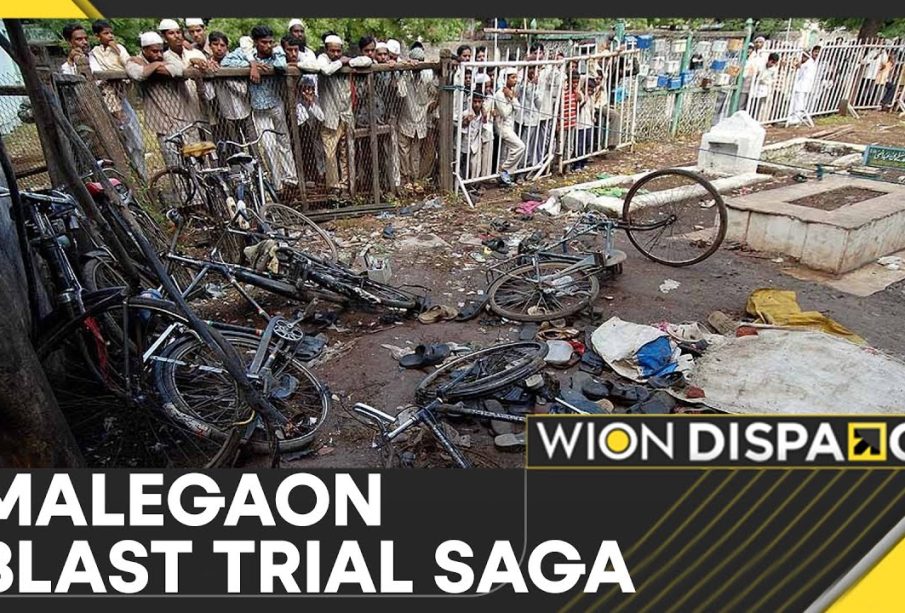Understanding the Malegaon Bomb Blast Incident

Introduction
The Malegaon bomb blast is one of the significant events in India’s recent history, representing a time of communal tensions and violence. Occurring on September 8, 2006, in the town of Malegaon, Maharashtra, this terrorist attack killed 37 people and injured over 100 others. Understanding this incident is essential not only to grasp the context of security and communal harmony in India but also to learn about the subsequent legal and political ramifications that followed.
Details of the Incident
The Malegaon attack involved the explosion of bombs during the evening prayers of the Muslim festival of Eid, targeting a predominantly Muslim locality. The three bombs were placed in bicycles parked near a mosque, causing significant casualties and panic among the residents. Following the blast, security forces were deployed to regain control of the situation, and a major investigation was initiated.
Investigation and Arrests
Initially, the investigation saw a controversial turn as several Muslim youths were arrested, raising concerns about profiling and the treatment of certain communities in the aftermath of the attacks. However, over time, the focus shifted, leading to the arrest of members from right-wing Hindu groups, particularly the Sanatan Sanstha, accused of being involved in the bombings as part of a larger conspiracy.
Legal Proceedings
In 2017, a special court acquitted all accused citing insufficient evidence. The acquittal sparked widespread protests and discussions regarding the legal system’s handling of terrorism cases. Activists demanded justice for victims and criticized the inefficacy of authorities in providing closure to grieving families.
Current Relevance and Conclusion
The Malegaon bomb blast incident remains a crucial point of reflection for India, highlighting ongoing issues related to terrorism, communal harmony, and the legal system’s ability to deliver justice consistently. In recent years, conversations around such incidents have become pertinent as the nation grapples with increasing polarization. Ensuring justice for the victims, learning from previous mistakes, and fostering communal harmony are vital for India’s socio-political stability moving forward.









